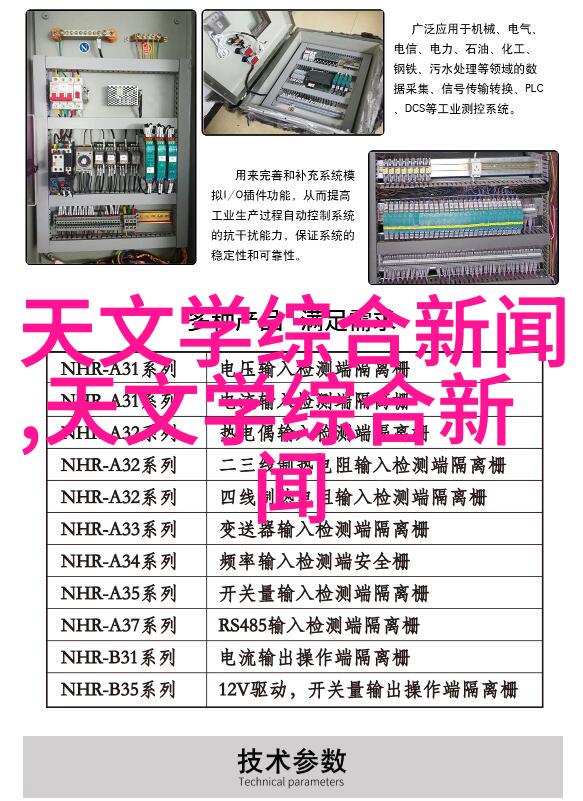Mastering the English Vocabulary of Your Home Appliances: A Beginner's Guide

Hey there, language learners! Are you tired of feeling lost when trying to communicate with native English speakers about your home appliances? Do you want to impress your friends and family with your newfound vocabulary skills? Then this article is for you!
As we all know, understanding the basics of a language can be tough. But don't worry; we've got you covered. In this beginner's guide, we'll help you learn the essential words and phrases related to household appliances in English.

First things first, let's start with some basic definitions:
Appliance (n.) - A machine or device that serves a specific purpose in your home.
Household (adj.) - Relating to a house or domestic life.

Domestic (adj.) - Pertaining to or occurring within the home.
Now that we have our vocabulary down pat, let's dive into some common household appliances and their corresponding English terms:
Refrigerator
Oven

Microwave
Dishwasher

Washing Machine
Dryer
Vacuum Cleaner
And here are some fun facts about each appliance:
Did you know that refrigerators were invented as early as 1839 by British inventor Jacob Perkins?
Ovens were first used around 2500 BCE by ancient Egyptians!
The microwave was invented in 1946 by Percy Spencer while he was working at Raytheon.
Dishwashers were first introduced in the late 1800s but didn't become popular until after World War II.
Washing machines date back over two millennia ago when ancient Greeks used wooden tubs filled with water and soap!
Dryers weren't always around; people once hung their clothes out on lines or even on animals like horses!
And finally, vacuum cleaners have been around since 1869 when an American named Ives McGaffey patented his "Whirlwind" model.
There are so many more fascinating stories behind these everyday devices! So next time someone asks if they can use your oven for baking cookies during dinner prep – just tell them it’s been cooking up delicious treats for centuries!
We hope this beginner's guide has helped inspire curiosity about languages other than yours own and sparked interest in learning more about different cultures through communication.
Happy learning everyone!



